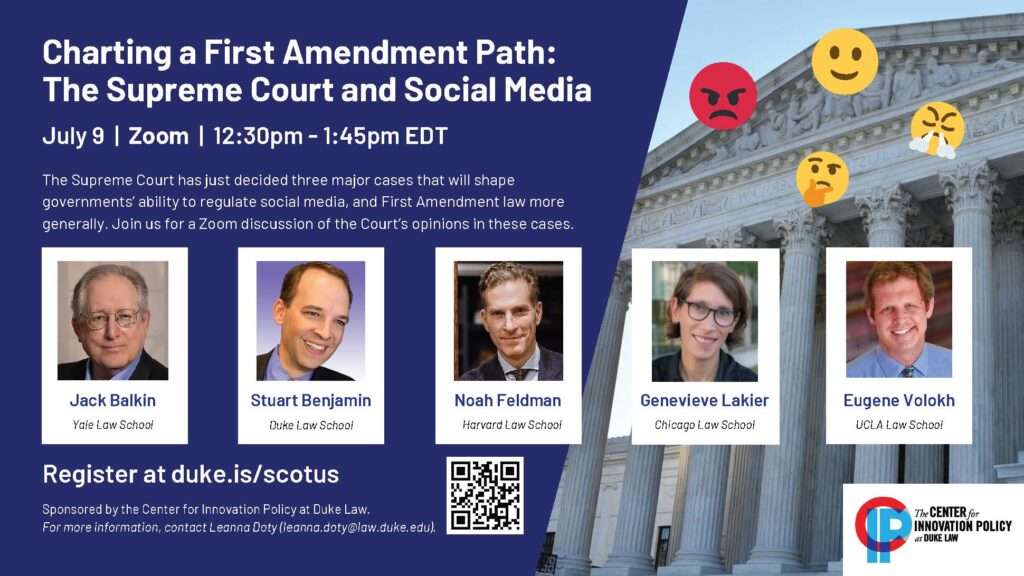According to the majority opinion in Moody v. NetChoice, the focus of the case was on Facebook’s and YouTube’s main feeds. The majority extensively discussed First Amendment principles in relation to these main feeds, making it clear that the Texas and Florida statutes were unconstitutional as applied to them. However, the laws were not invalidated on their face due to uncertainty about how they would apply to other services that were not thoroughly discussed during the case.
A recent article referenced by co-blogger Eugene presented a strong argument in support of the Texas and Florida laws, suggesting that platforms could be treated as common carriers, thus bypassing First Amendment concerns related to hosting user content. Justice Alito, in his concurring opinion, also supported this line of reasoning, but the majority did not agree.
Eugene pointed out that the majority did not address whether the First Amendment applies to platforms’ decisions to “deplatform” users from main feeds. The majority’s position on the application of the First Amendment to these platforms was clear, especially in cases where algorithms are used to regulate content. Excluding users or messages based on certain criteria can be seen as an editorial decision protected by the First Amendment.
While the debate continues on the implications of the NetChoice case, it is evident that the majority’s focus on the main feeds of platforms like Facebook and YouTube highlights the intersection of free speech principles and platform regulation. The upcoming online symposium on these cases is expected to shed more light on these complex issues.






